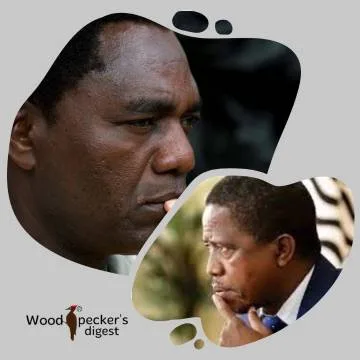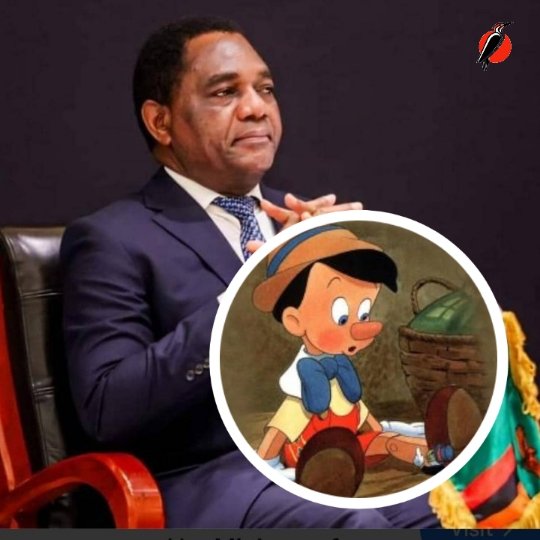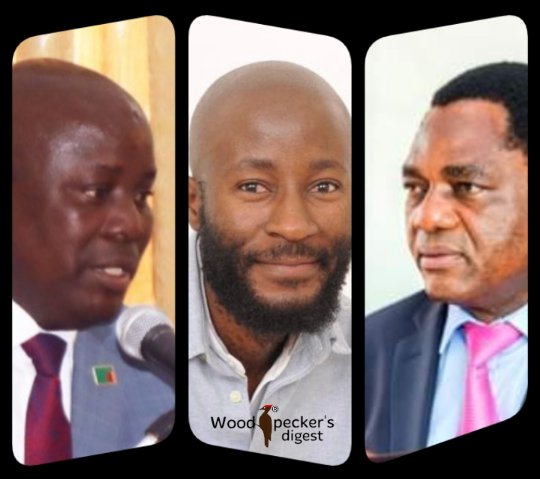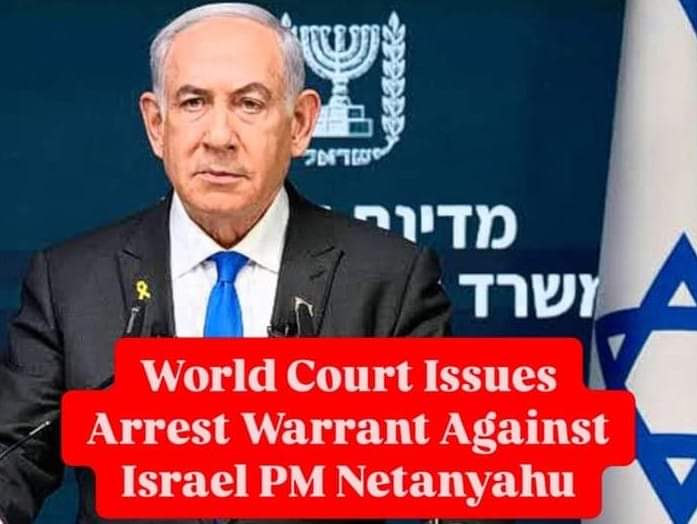
◾Following the 2016 Constitutional changes, the former President must be investigated first and a prima facie case found against the former President before contemplating to lift the immunity.
◾It is the sitting President who should go to Parliament and present a Report detailing the specific allegations and Parliament is obliged to set-up a special Committee to probe the allegations before tabling them in the House.
◾The former President is now allowed to challenge and be heard at Parliament before lifting of the immunity. So, if the allegations are fake, the Committee would inform Parliament and the whole process would fail!
By Dickson Jere.
Lusaka, Mar. 2 – Unlike the lifting of the immunity of the former Presidents, Mr. Frederick Chiluba (2002) and Mr. Rupiah Banda (2013), which was done with ease in Parliament, the law has now changed since 2016. See Article 98 of the Constitution.
In the Chiluba and Banda cases, a wide range of unsubstantiated allegations were made in Parliament, which prompted MPs to lift the Presidential immunity without verification of the allegations. And it was by mere simple majority vote by Parliament!
Following the 2016 Constitutional changes, the following pointers must now be followed before lifting the immunity:
1. It is the sitting President, himself, who should go to Parliament and present a Report detailing the specific allegations against a former President. (Rupiah Banda was done by Minister of Justice).
2. The allegations must be specific and Parliament is obliged to set-up a special Committee to probe the allegations before tabling them in the House unlike in the Chiluba and Banda cases.
3. The former President, unlike in previous cases, is allowed to challenge and be heard at Parliament before lifting of the immunity. So, if the allegations are fake, the Committee will inform Parliament and the whole process would fail! Lawyers would get involved at this stage like in the US during congressional hearing of the impeachment of the President.
Also Read: UPND’s self deception in the ongoing by-elections will come to haunt it in 2026.
4. If the Committee finds that the allegations are valid, Parliament would still have to vote for the lifting of the immunity and the motion requires two-thirds majority unlike in the Chiluba and Banda cases where you just needed a simple majority.
5. Once the immunity is lifted, the former President ought to be charged with those specific charges or alleged offences that Parliament approved and nothing else. In both Chiluba and Banda cases, they were charged with other unrelated offences not presented to Parliament.
6. If acquitted by the Courts, the immunity is given back automatically by operation of law unlike in the Chiluba and Banda cases.
Also Read: OCiDA welcomes the formation of the United Kwacha Alliance!
The effect of the above entails that the former President must be investigated first and a prima facie case found against him before contemplating to lift the immunity.
There is no law that stops law enforcement agencies from investigating a former President but prosecution. The process has now been lengthened following the unsuccessful prosecution of Chiluba and Banda.
It should be understood that no ordinary MP or Minister can move Parliament to remove the immunity unlike the case was in the past. It must be the President.
About Our Advocacy: Woodpecker’s Digest is an online portal for news analyses and commentaries on topical issues of national interest and for articles on personal development and health! Journalism maintains democracy. It is a great tool for progressive social change!
©2024 Woodpecker’s Digest.
Putting news into perspective







